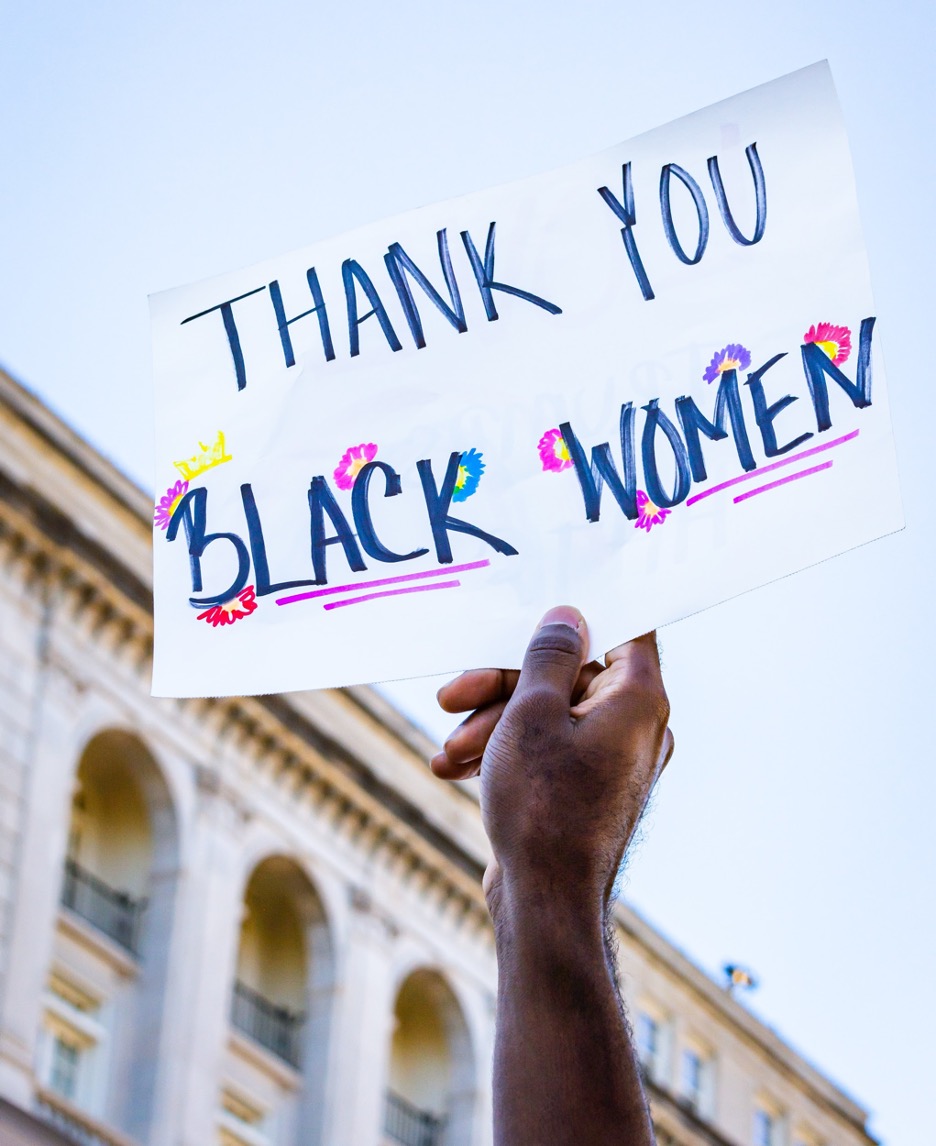Editor’s note: The following was written for the Cleo app in 2021 by Dr. Joy Cooper, OBGYN and founder of Culture Care, a telemedicine service that connects Black women with Black doctors. More recently, the overturning of Roe v. Wade presents a massive step back for all birthing people’s rights and basic healthcare in the United States. As stated in the original post, access to abortion is healthcare and should be treated as a conversation and decision by a patient and provider. As restrictions on abortion in the United States changes, our support of our members’ access to care is constant. We will continue to support our members with unbiased and empathetic support every step of the way.
The history of reproductive justice
By June of 1994, there had been many strides in securing reproductive rights in the United States, including the emergence of birth control in the 1960s, and the Roe v. Wade ruling in 1973. However, Black women and other women of color were left behind.
In Chicago, a group of Black women decided to come together to affirm the reproductive rights and options of Black women and other people of color, as well as the social conditions—housing, food, healthcare, employment—that are needed to secure safe and equitable care. These women called themselves Women of African Descent for Reproductive Justice, and later went on to create SisterSong, one of the largest national multi-ethnic reproductive justice collectives in the nation.

What is reproductive justice?
Reproductive justice asserts that whether someone chooses to be pregnant or not, their choice should be supported by their medical team. Too many doctors and other providers question a person’s choice to have or not have children, and make patients feel they need to justify or defend their decision.
Whatever you decide is your choice and is supported by the United Nations’ 1994 International Conference on Population Development. Again, reproductive justice hinges on access to safe and equitable care. Rural areas or some racial and ethnic populations have been pushed to the fringes of healthcare and cannot always get to the care.
Being pregnant can be self-affirming and beautiful—and it may also come with risks to health. 10% of women will have trouble getting or staying pregnant and may need assistance to achieve a new addition to their family. Ensuring that all considering and pregnant people get the help they need is essential. Care during pregnancy and delivery must also be accessible and consider alternative birth plans, cost, and health inequities.
Reproductive justice also advocates for people’s right to contraception and abortion. Access to contraception reduces the number of unplanned pregnancies in the United States, and reduces abortion rates substantially. Reproductive justice asserts that access to contraception is essential to healthcare and self-care. Should a person become pregnant and not want to be pregnant, they should have access to providers who are experienced to do abortions. It is important that access to abortions are available early in the pregnancy, because abortion options can decrease as pregnancy progresses. Reproductive justice comes together when all people have access to the care they need as it relates to their reproductive system. Like the SisterSong mission reads, reproductive justice is “About access, not [just] choice.”
Racially concordant care is essential to birth equity and improving outcomes for BIPOC birthing people. Through partnerships with experts like Dr. Joy Cooper, Cleo helps employers provide equitable care for all employees, improving health outcomes and creating a more diverse and inclusive workforce. Learn more about how Cleo can serve the working families you support.
